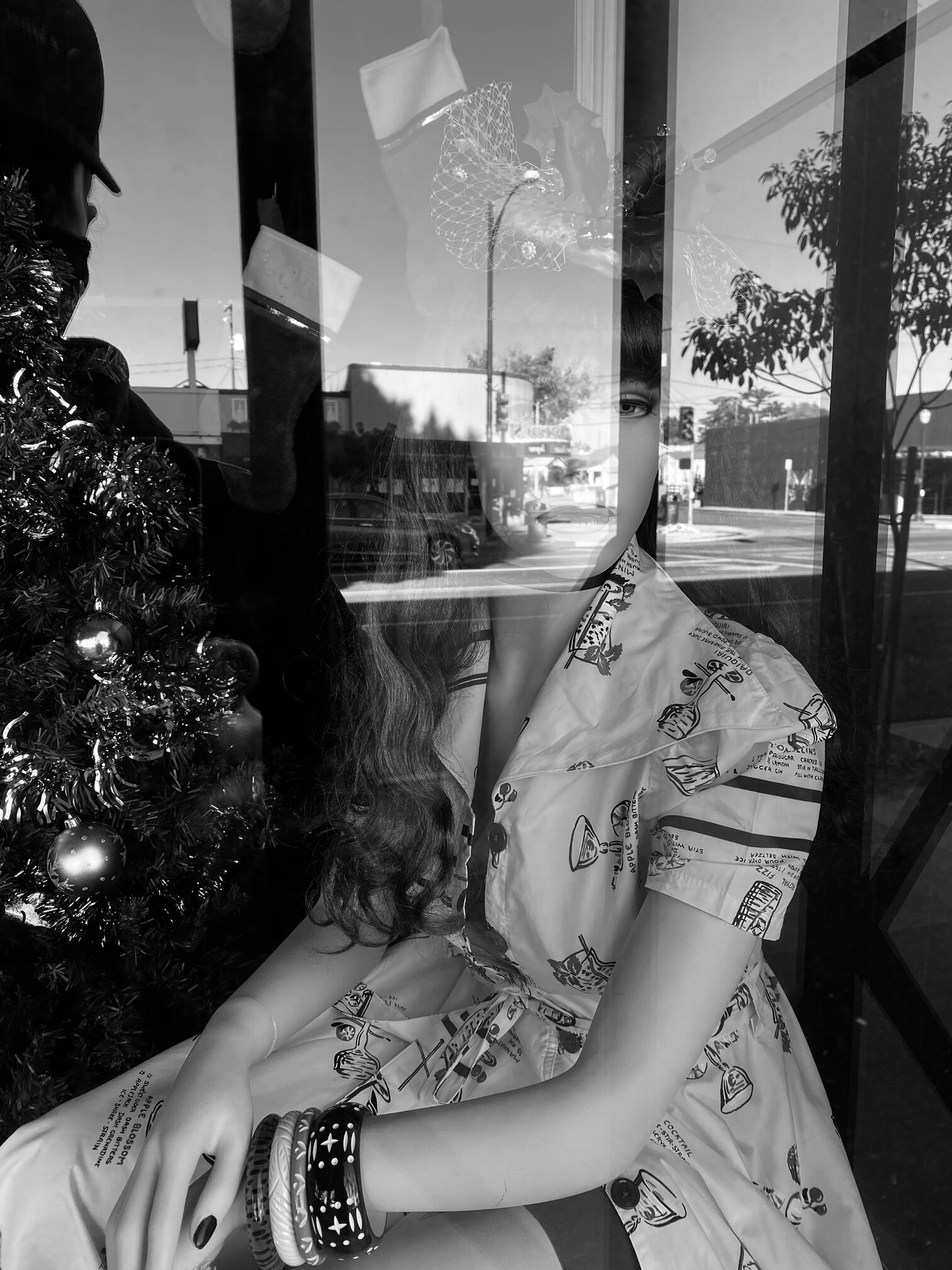Fuck You, Pay Me #23: When to Say Yes and When to Say No
This is part 23 of Fuck You, Pay Me, an ongoing series of posts on writing, editing, and publishing.
It was the best of times, it was the worst of times, it was June. Here are a few things on my radar.
Just Say No This month I found myself in the midst of negotiating a publishing contract. The money was so-so, but the real issue was the dramatic rights. If you’re not aware, dramatic rights have to do with who has the right to turn the property that you’ve written into a movie, television series, or the like. Statistically, the odds are slim that your written property will be turned into a movie, television series, or the like, but they’re not zero. You’ll see a range of guesstimates about how likely it is that your intellectually property will be optioned, but whatever the number is, it is surely less than 1%. That said, never say never, and these days, when content is everywhere, it’s important that you retain as many rights as you can. Let’s just say Netflix or Scorsese or some producer comes inquiring about turning your words into a movie or TV show or some other sort of project like that. Do you want to be the one who has to say, oh, yes, well, actually I gave that away for a pittance? No, you do not. In fact, when I was a younger writer, dramatic rights were not on the table, or at least not so often. Somewhere around, say, the 2010s, publishers began attempting to make a land grab for these rights, and certain writers, let’s say, millennials, gave them away because they just wanted to be published. Nowadays, every Tom, Dick, and Harry is trying to steal your dramatic rights. But if your project is optioned and turned into a movie or TV show, you may make more money with that than you ever did with the word-based version. So keep your dramatic rights. I ended up passing on their offer. Which is a bummer. For them, mostly.
Get Money Last month, I wrote about how a TV show had reached out to me about using some of my photographs as part of a set that they were creating for the third season of this show, which airs on one of the streaming networks. After some negotiation, we settled on a fee. A friend of mine had advised me that this network was sometimes slow in paying, so I had a clause added to the agreement that payment was due upon receipt. A couple weeks later, I was paid, but by that time the individuals who had worked with me were no longer working on the show. Which is to say, make sure you don’t just get getting paid in writing, make sure you get in writing when you will be paid, or you might end up chasing payment forever.
Be a Star Recently, I’ve gotten into telling stories in public forums. Last month, I read an excerpt from a short story I wrote at a bookstore. Last weekend, I read an essay adapted from my memoir at a basement club that hosts performances. Next week, I’m going to perform a story I wrote based on dating in Los Angeles at a bigger event. Why am I doing this? I’m not really sure. While I’ve been on TV many times, and read my work many times, and been part of an improv group, performing is a scary thing. But I thought it was important to keep pushing myself, trying new things, telling stories in new ways. Besides, this is Los Angeles. You never know who’ll be in the audience, where it might lead, how your story might land.
About I My Book I Newsletter I X I Instagram I LinkedIn I Consulting I Email
